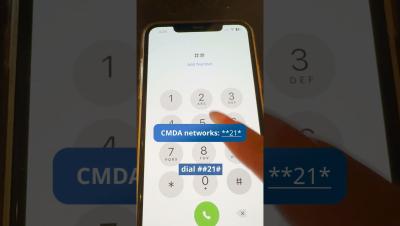How to Recognize and Avoid Publishers Clearing House Scams
The Publishers Clearing House (PCH) appeared in 1967, promoting magazine subscriptions, merchandise, time-share vacations, and their famous cash prize sweepstakes. Since 67’ over 11 million people have won PCH sweepstakes, totaling over $593 million in cash winnings. More people than ever have entered the PCH sweepstakes, looking for their chance to win thousands - sometimes millions - of dollars overnight.



